Filter by
FAMENET stories (50)
RSS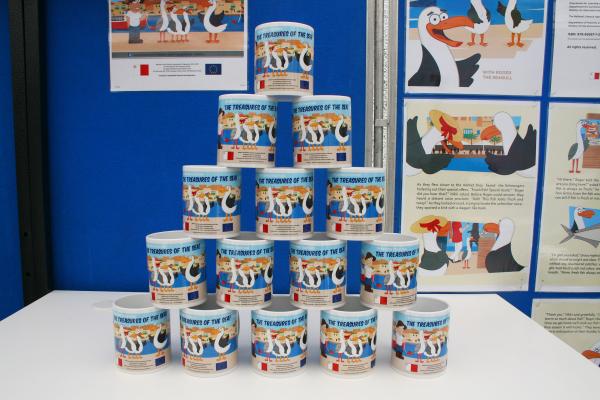
Much attention is given to the negative environmental impacts of fishing, but how much is known about the many benefits of the sector?
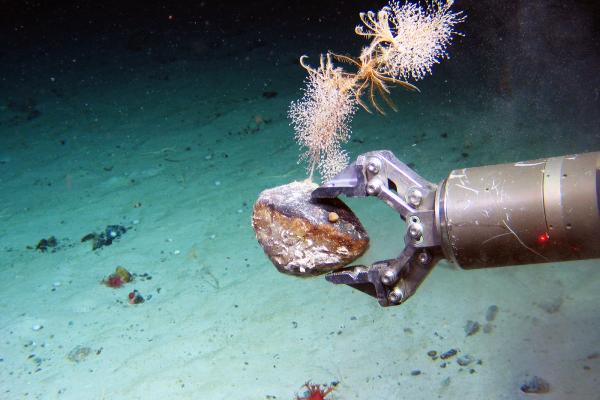
When scientists launched the EU funded SeaRover project to explore the depths of Ireland’s oceans, no one expected them to make groundbreaking discoveries.
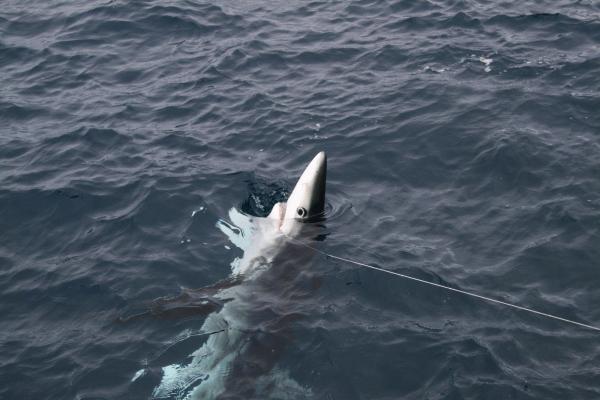
In the French outermost region of La Réunion, small-scale fishers often use surface longlines to target tuna and billfish. But with this technique, fishers sometimes accidentally catch sharks.
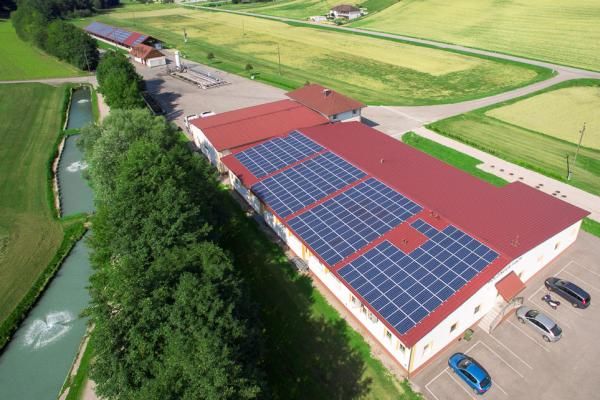
Holzinger a family-owned fish processing company in Upper Austria, is a cornerstone of Austria's regional economy and central European market. Holzinger has embarked on a digital and modernisation push, focusing on three key areas: using renewable energies, investing in new equipment and machines,
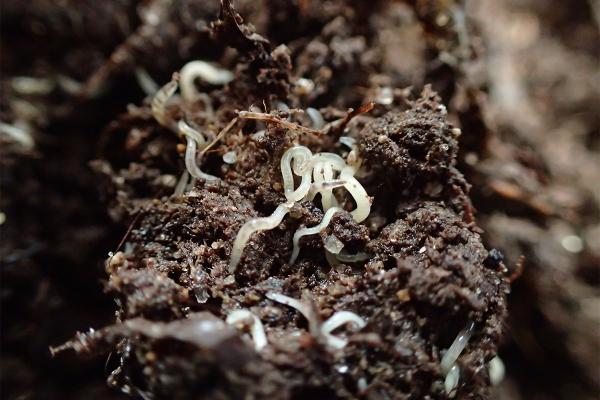
With the help of EMFF funding and a bit of Danish ingenuity, researchers are exploring innovative production techniques that could revolutionise aquaculture as we know it.
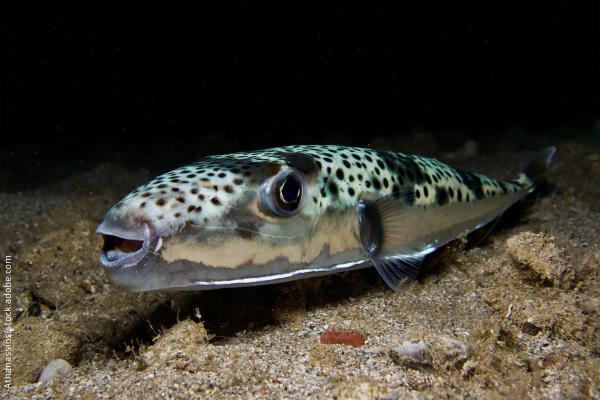
When the Suez Canal was opened 150 years ago, it brought many positive aspects for travel and trade. But it also opened a channel (pun intended) for the mass migration of invasive marine species from the Indo-Pacific region, with significant, and generally negative repercussions for the biodiversity
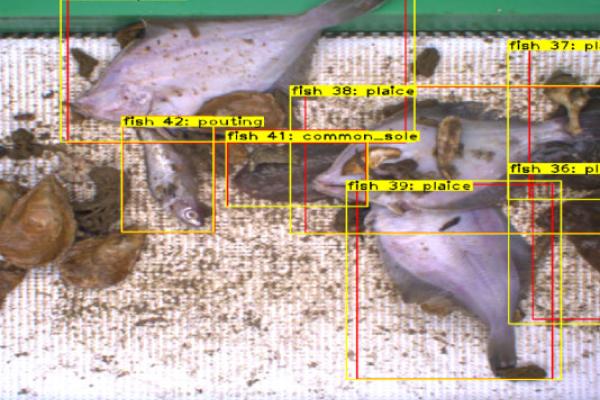
With the help of EU funding, Dutch researchers and fishing industry have developed an AI-based tool for the Fully Documented Fisheries (FDF) project.
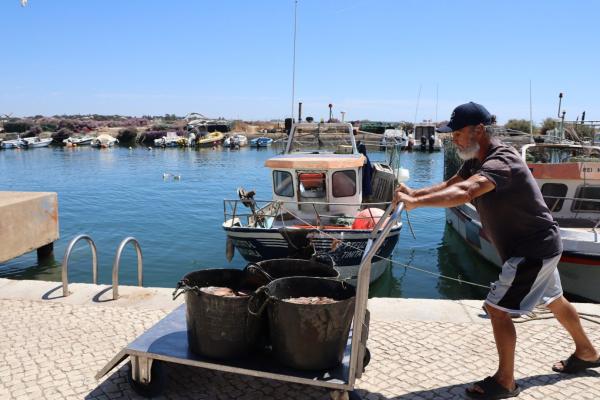
Portugal is one of the top three European suppliers of octopus, making this fishery an important source of income for many fishers on the Algarve coast.

Since before WW2, the Polish Anglers’ Association (Polski Związek Wędkarski) has been concerned with the environmental status of inland waters, and river restocking is done under their auspices.

In the heart of Romania, entrepreneur Marilena Maereanu has been working on preserving sturgeon populations and developing sustainable aquaculture practices since the 1990s.
